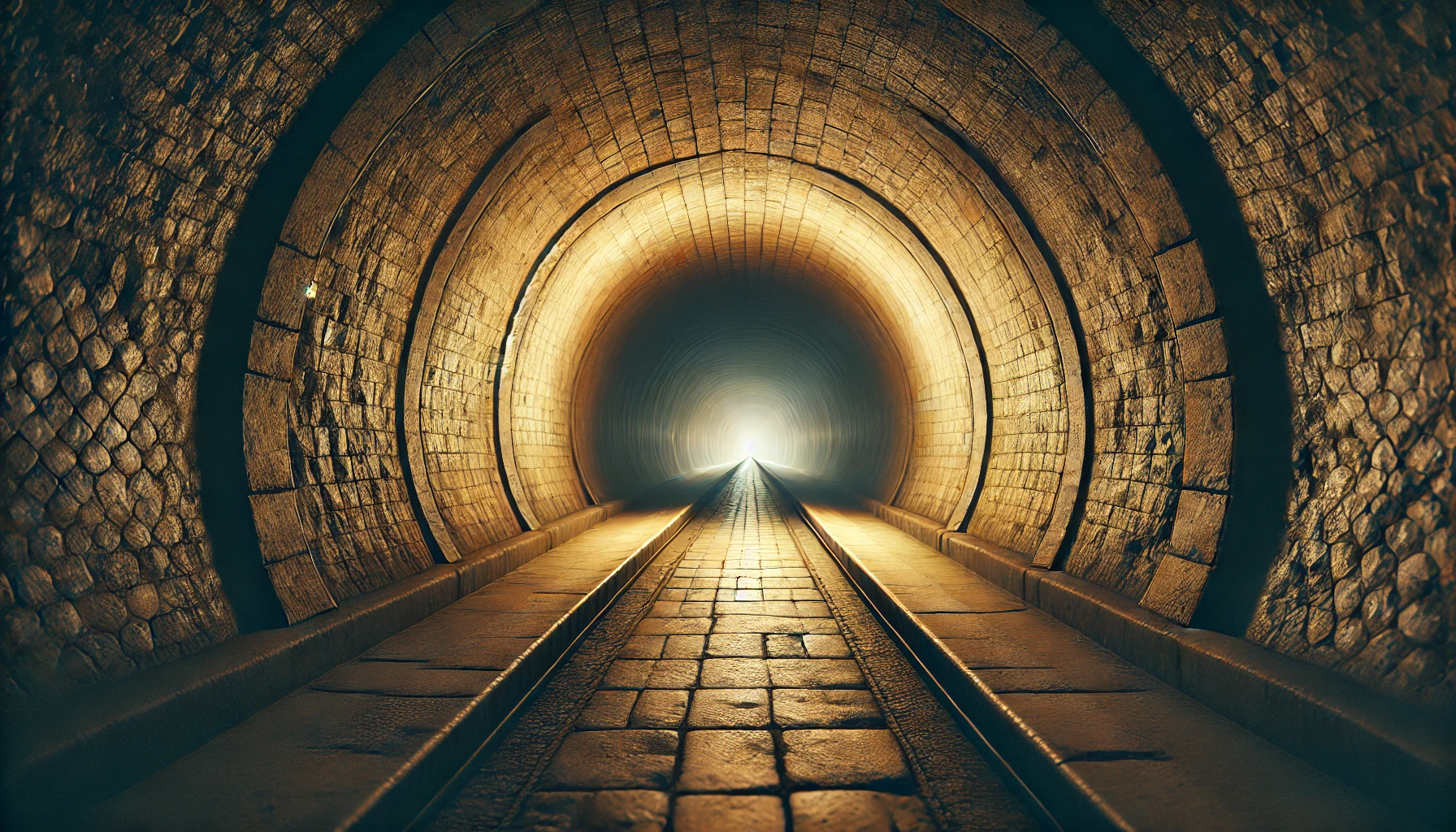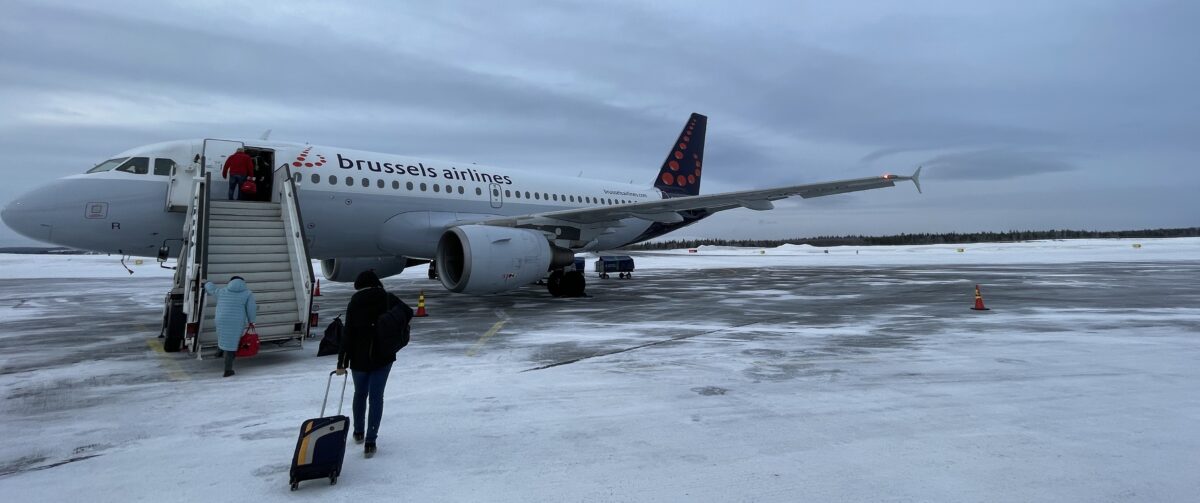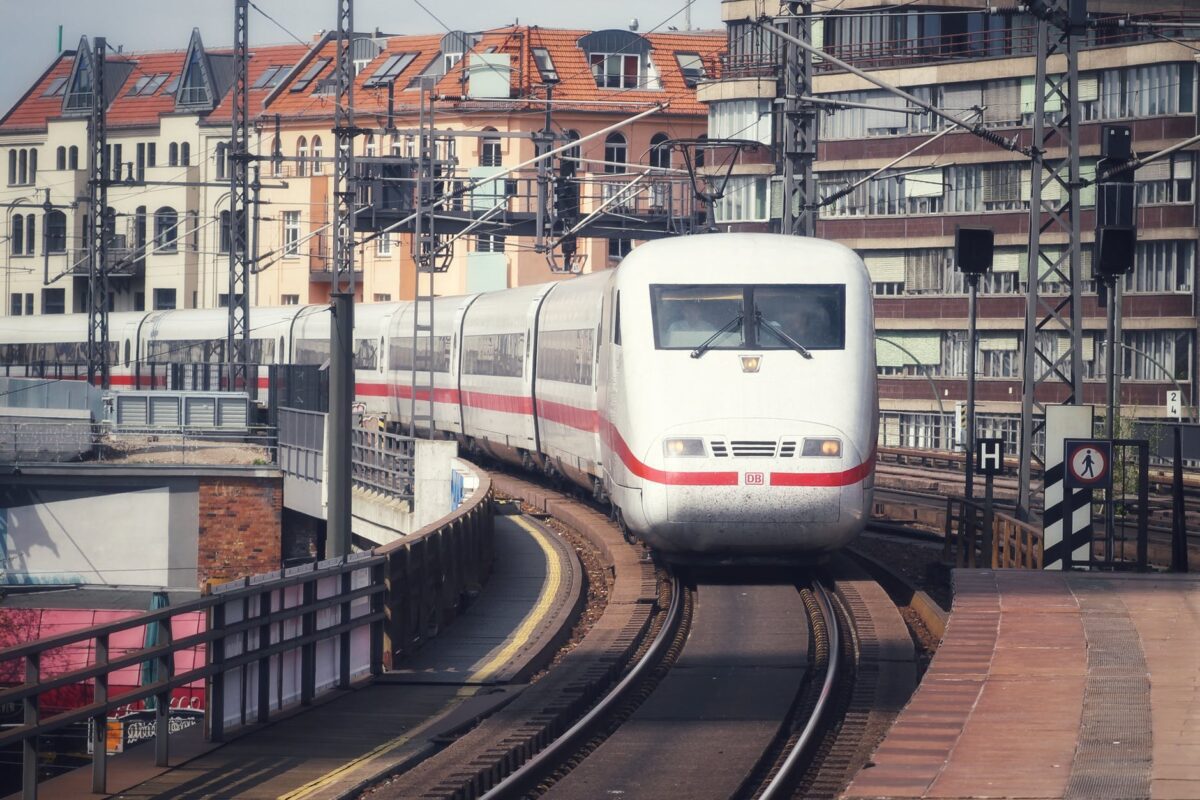Category: Travel
-

Linking the Faroe Islands
Growing up, I always wanted to be in the heart of the city—a densely populated, well-connected place (which is why I moved to Singapore). But gradually, I’m starting to crave a quieter life… something more remote, peaceful, and slow-paced. I’ve spent countless hours dreaming about living in a small town in the French Alps, a…
-

All the Ways Everest Can Kill You
Via Kottke.
-

Travel
The promise of travel has always been transformation: we go away and return changed, more broad-minded, more enlightened about the world. In ‘The Case Against Travel’ (non-paywalled archive view here) Agnes Callard argues that not only does travelling rarely change us, we’re the ones changing the places we visit: “Touristic travel exists for the sake…
-
Gadgetbahn
Source: Kottke
-

The Maddening Mess of Airport Codes
-
DJI flying over Mount Everest
Source.
-

Airports
“Moving some of our passenger operations to other UK airports at such short notice is also not realistic,” the airline said. “Ensuring ground readiness to handle and turnaround a widebody long-haul aircraft with 500 passengers onboard is not as simple as finding a parking spot at a mall.” Source: BBC It’s worth asking how come…
-

Deutsche Bahn joins Star Alliance
DB joins Star Alliance. Wonderful news. Just like Air France-KLM is already offering Thalys tickets for some of its flights from Brussels: instead of departing from BRU airport to AMS or CDG; just take a train from Brussels South. It looks like Lufthansa, and soon all of Star Alliance, will offer more comprehensive (long-haul) tickets…
-
A Wes Anderson-ish Singapore




